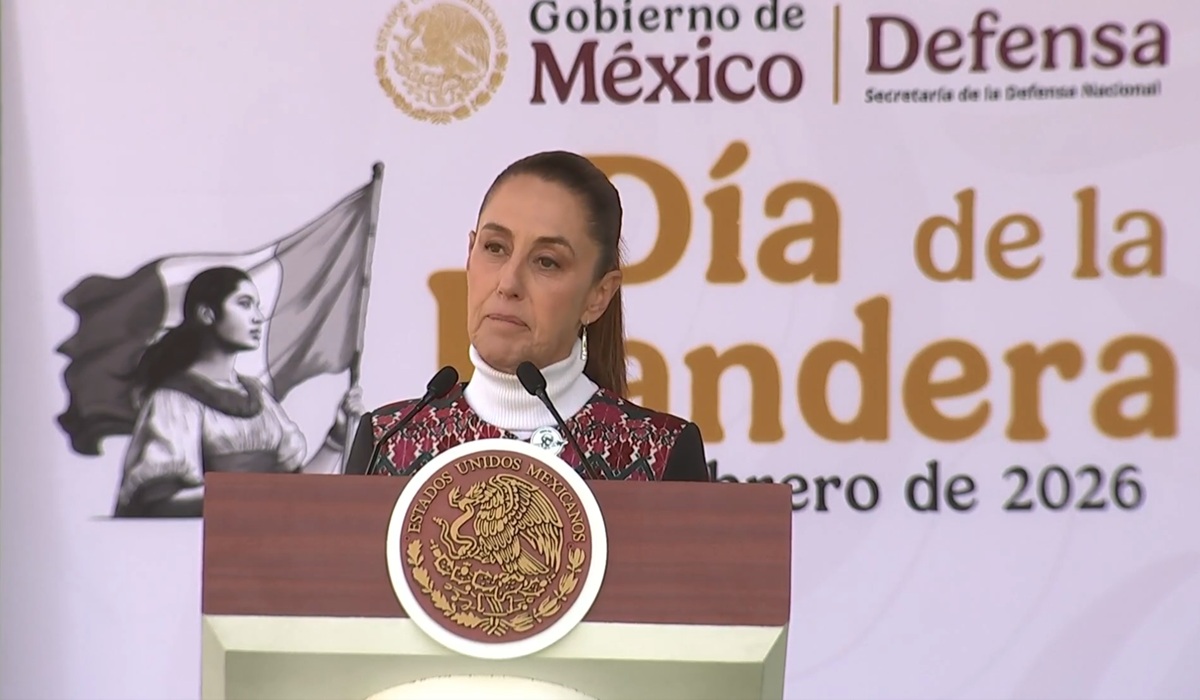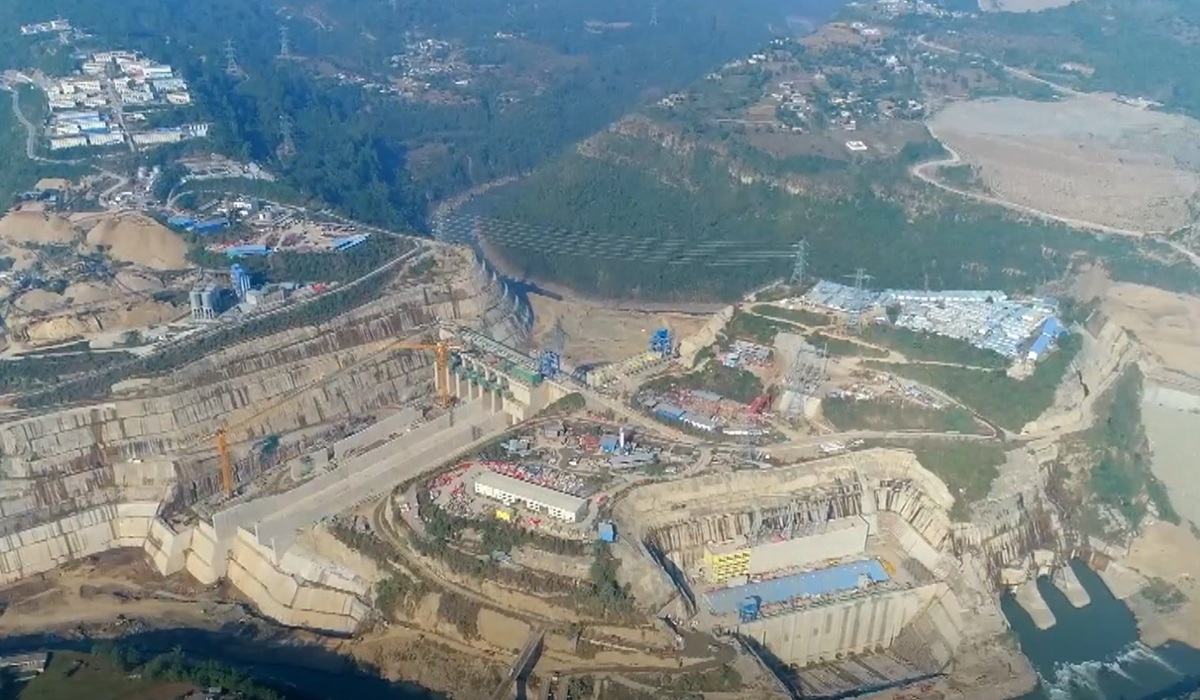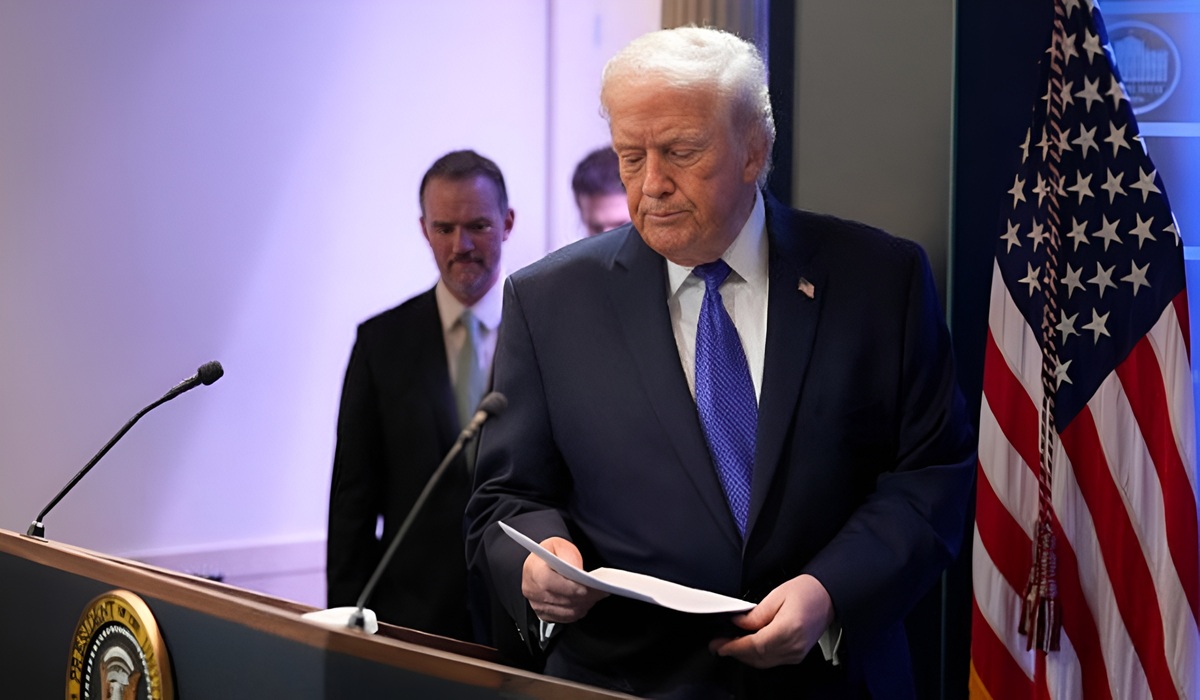After Her Words Were Spoken: Will Japan’s Prime Minister Take The Quiet March Towards Resignation?
- TDS News
- Asia
- East Asia
- Op-Ed
- Trending News
- November 24, 2025

By: Donovan Martin Sr, Editor in Chief
Modern Japan has long been governed by leaders who understand that power in Tokyo is not sustained through bravado, but through balance. The nation’s political system is outwardly stable, almost serene in its formality, yet beneath the surface it is one of the most unforgiving leadership environments in the developed world. Prime ministers do not fall because of formal challenges alone. They fall when they are perceived to have disrupted the delicate equilibrium between domestic stability and external restraint.
It is within that context that the recent remarks by Japan’s current prime minister regarding Taiwan and the potential for military involvement must be understood. The statement, though brief in form, carried enormous symbolic weight. It disrupted patterns that have been carefully constructed over decades, unsettled a relationship defined less by warmth and more by managed coexistence, and reintroduced the language of confrontation into a region that has, for the most part, survived through calculated ambiguity and economic interdependence.
On the surface, the comments can be justified through existing legal interpretations. Japan has, in recent years, revised its security posture to allow for collective self-defense in the event that a threat to an allied nation also threatens Japan’s survival. The theoretical argument that conflict in the Taiwan Strait could affect Japan’s national security has existed quietly for some time. But the difference between quiet legal interpretation and public political declaration is not a technical one. It is a diplomatic earthquake.
What followed was not the movement of troops or ships. It was something far more sophisticated and far more effective — the gradual tightening of economic, cultural, and social channels. Flights were cancelled in large numbers. Tourism, which had only just begun to show signs of recovery, declined sharply. Cultural exchanges and entertainment releases slowed or halted. Trade channels that had been tenuous since the Fukushima water controversy found themselves under renewed pressure. No single action carried the weight of aggression. Instead, together, they formed a pattern of withdrawal — a reduction of access that spoke far louder than any official statement ever could.
This is the nature of modern leverage. In a globalized economy, power is not always applied through force. It is applied through distance. It is expressed through broken contracts, silent approvals, postponed events, suspended imports, and altered patterns of movement. It is measured through missing arrivals at airports, reduced bookings in hotels, unsold fish at docks, and quiet cancellations in boardrooms.
For an island nation as economically interconnected as Japan, these are not abstract signals. These are direct impacts that ripple through entire sectors, from tourism and fisheries to entertainment and regional development. And as those ripples deepen, political pressure inevitably follows.
Japan’s modern political history offers a clear pattern. Yukio Hatoyama fell after attempting to challenge the foundations of Japan’s security relationship and failing to deliver. Naoto Kan resigned after confidence in his ability to navigate crisis collapsed. Shinzo Abe stepped away in his first term after controversy, declining support, and strategic missteps made continuation untenable. Yoshirō Mori was pushed out when his presence became a national embarrassment and economic liability. In each of these cases, the final act was framed as personal — a decision taken “for the good of the nation” — but the underlying cause was political survival of the party itself.
The ruling party in Japan does not sacrifice continuity lightly. But it sacrifices leaders without hesitation when confidence begins to disappear.
The current situation possesses all the early markers of that pattern. This is not about one controversial statement in isolation. It is about the chain of consequences that statement unleashed. It is about industries now operating under uncertainty. It is about diplomatic tension that has not been softened by meaningful repair. It is about a perception — both inside and outside Japan — that the country’s leadership may have spoken without fully appreciating the broader regional, historical, and economic implications.
Even more critically, it places Japan in a deeply uncomfortable position between its alliance obligations and its regional realities. The relationship between Japan and the United States is foundational, deeply embedded in military, political, and economic structures. U.S. bases, strategic guarantees, joint planning — all of it underpins Japan’s postwar security identity. At the same time, Japan exists in Asia, not apart from it. The memory of war, occupation, and historical dominance remains present in the region’s collective consciousness. Every word Japan speaks on issues of military action, no matter how theoretical, is filtered through that long and unresolved history.
This is why the expectation of a public, humble, full apology remains unlikely. The architecture of the U.S.–Japan alliance does not encourage visible contrition. It encourages unity, resolve, and forward-facing reassurance. To dramatically reverse tone would not simply be a personal act. It would be a geopolitical signal, interpreted by all sides. For a sitting prime minister operating within a tightly intertwined alliance framework, such a move becomes politically and strategically constrained.
That leaves only two realistic paths: endure with massive recalibration and internal concession, or step aside to restore equilibrium without destabilizing the alliance architecture itself.
Many political observers now lean toward the latter being the more probable outcome.
Even if the current prime minister manages to remain in office through the closing months of the year, that survival alone would be considered remarkable under present conditions. The longer-term horizon, however, appears significantly more fragile. Entering the first quarter of 2026 without sweeping efforts at diplomatic repair, economic re-engagement, and rhetorical softening would require a degree of restructuring that few leaders in modern Japanese history have successfully navigated.
In this climate, the path of least institutional resistance often becomes personal resignation framed as responsibility.
In Japan, such a resignation is rarely branded as defeat. It is presented as preservation — of stability, of unity, of national interest. The message is not that a leader failed, but that the nation must remain steady.
And that, more than anything else, defines the current moment. The damage, diplomatically and economically, has already occurred. The levers have already been pulled. The signals have already been sent. The question now is no longer whether the fallout will matter. It is simply how long the system will take to respond.
In a world where words carry financial, historical, and strategic consequence, leadership is no longer measured only by vision or strength. It is measured by restraint, foresight, timing, and awareness of invisible boundaries. The moment those boundaries are crossed, the power to correct course no longer lies in speeches. It lies in succession.
And in Japan, when stability is placed at risk, succession is often the quietest, and most decisive, act of all.








